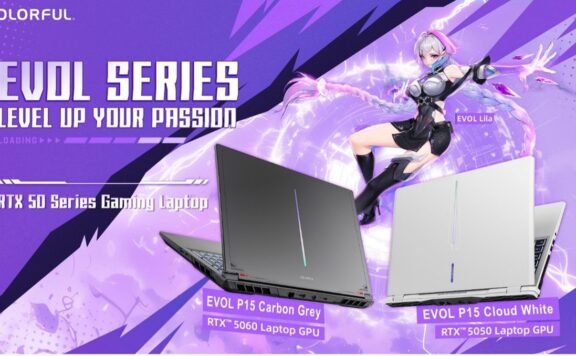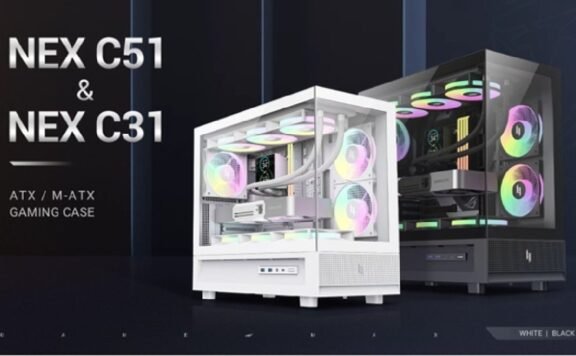During the Consumer Electronics Show (CES) 2020, LG has provided a roadmap for integration of AI across its ecosystem of products. This structured approach will help to usher in increasingly more advanced devices to enhance home and work life.
This will be followed by personalization with pattern learning in devices that collect and use data from their environment to perform tasks more effectively, such as LG’s next-generation R9 robot vacuum. Subsequent advancements will see AI use reasoning to perceive the cause of certain behaviours and trends, to better meet the needs of end-users. In the future, we may even see AI form and test hypotheses with experimental learning, allowing products to improve the way they operate.
By connecting the Internet of Things to AI, a wide range of technologies, products and services will work in harmony with the Intelligent Home. ThinQ will elevate this a step further by reducing the burden of mundane tasks, empowering users to spend more time doing what they enjoy.
According to Kenneth Research, the global smart home market was valued at US$55.65 billion in 2016 and is projected to reach US$174.24 billion by 2025. A key driver in this expected growth is greater standardization among products that consumers can use on different smart home platforms.
Underpinning all of this will be greater adoption of 5G and Wi-Fi 6. This will enable devices to connect with each other at record speed and allow for more powerful networks, with better access to data and processing. Besides, 5G will make smart home technology become free of wires and cables, all while using less power.
This virtuous circle of better AI using more powerful technology is increasingly finding its way into smart appliances such as LG’s dressing room mirror. This product uses a 3D camera to scan a user’s body to mix and match virtual outfits. For the kitchen, LG’s smart indoor home garden system can be plugged into an LG ThinQ refrigerator and automatically finetunes the environment to provide heat and water to seeds when needed.
For ultimate home entertainment, LG’s 8K OLED and NanoCell televisions will also revolutionize viewing and listening experiences, owing to LG’s advanced α (Alpha) 9 Gen 3 AI Processor. Advanced processors will enable deep learning algorithms to improve picture and sound quality, in addition to offering a host of new features for different types of connections, including movies, games and sports.






